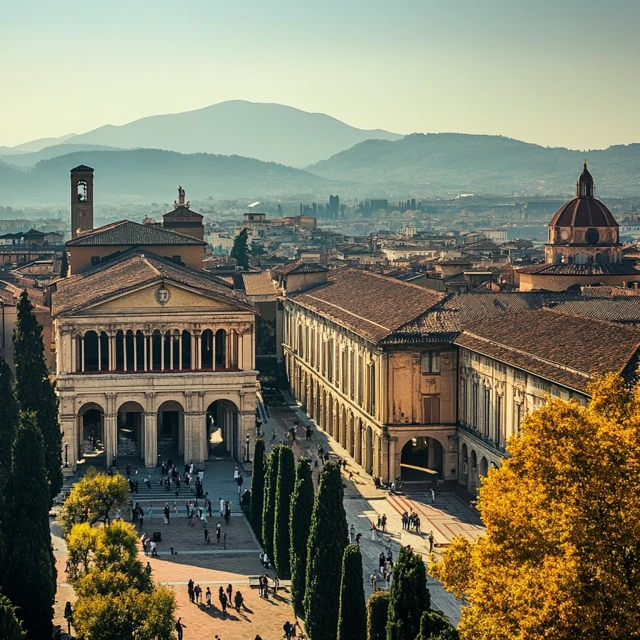
How to Make Learning Fun Again
Learning doesn't have to be boring. Here are creative ways to bring excitement and energy back to your study routine.
Read MoreExplore higher education in Italy.
Italy is home to a wide array of colleges and universities, some of which date back centuries. From large public institutions to smaller specialized academies, the Italian system covers fields such as engineering, humanities, arts, design, and more. While world-renowned universities like the University of Bologna and Sapienza University of Rome often top global rankings, there are many other reputable options spread across the country.
Whether you're interested in art history, business studies, or technical training, you'll find a school that fits your needs. This guide introduces you to Italy's higher education landscape, providing examples of various institutions.
The Italian higher education system offers several types of schools:
Below are a few notable Italian institutions representing different facets of higher education:
| Institution | Type | Key Disciplines | Location |
|---|---|---|---|
| Sapienza University of Rome | Public University | Humanities, Law, Science, Medicine | Rome |
| Politecnico di Milano | Polytechnic | Engineering, Architecture, Design | Milan |
| Bocconi University | Private University | Economics, Management, Finance | Milan |
| Accademia di Belle Arti di Firenze | Art Academy | Fine Arts, Painting, Sculpture | Florence |
| ISI Barga | Technical / Secondary | Vocational, specialized high-school programs | Barga, Tuscany |
Each institution follows a curriculum aligned with national standards but can offer unique focuses, international partnerships, and special research facilities.
Admission processes can differ significantly, but typical requirements include:
Non-EU students may need a study visa, proof of financial support, and recognized qualifications. Always confirm details via the institution's official admissions page.

Many do, but you may need to go through a “Dichiarazione di Valore” or official evaluation process. Check with the admissions office for guidelines.
Yes, especially at graduate level or in private institutions. Engineering, business, and design programs often have courses in English.
From historic universities to modern polytechnics, Italy's higher education system offers something for nearly every academic interest. Whether you plan to study Renaissance art in Florence or cutting-edge engineering in Milan, thorough research and preparation will help you make the most of your time. Don't forget to immerse yourself in local culture—after all, Italy's rich heritage is part of what makes studying here so rewarding.